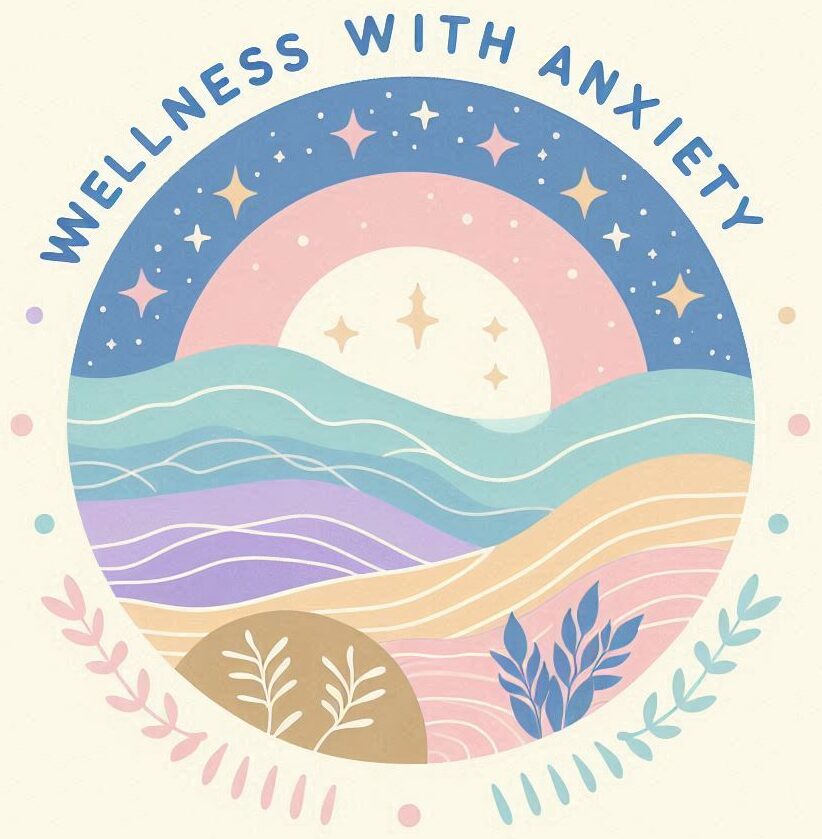 Anxiety isn’t just an occasional bout of nerves. It’s a real issue affecting many teens today. Understanding what anxiety is and recognizing its varying forms is the first step in helping our teens navigate these choppy waters.
Anxiety isn’t just an occasional bout of nerves. It’s a real issue affecting many teens today. Understanding what anxiety is and recognizing its varying forms is the first step in helping our teens navigate these choppy waters.
Anxiety disorders aren’t one-size-fits-all.
There are several types, including Generalized Anxiety Disorder (GAD), social anxiety, and panic disorders. In teens, Generalized Anxiety Disorder often takes the lead as the most common variant. This type often presents as excessive worry about everyday activities and events, something that can significantly impact a teenager’s daily life.
Statistics shed light on this growing issue.
Studies suggest that approximately one in three adolescents will experience an anxiety disorder. That’s a considerable number, highlighting the importance of awareness and proper interventions.
Let’s clear up a common misconception: not all stress is bad.
Stress is a normal part of life and can even be motivating. But when anxiety starts to hinder a teen’s ability to function – interrupting their schoolwork, social interactions, or sleep – it’s time to step in and help.
Recognizing the Signs of Anxiety in Teens
 Identifying anxiety in teens can be tricky because it often masquerades as typical adolescent behavior. However, certain symptoms can clue you in to a bigger problem.
Identifying anxiety in teens can be tricky because it often masquerades as typical adolescent behavior. However, certain symptoms can clue you in to a bigger problem.
Behavioral Changes
Behavioral changes like sudden irritability, withdrawal from activities they used to enjoy, or an unexplained drop in academic performance can be red flags.
Emotional Shifts
Emotionally, teens with anxiety might seem more restless, constantly tense, or excessively worried about future events. They might express feelings of dread or even have unexplained fears.
Physical Signs
Physically, anxiety can manifest as frequent headaches, stomachaches, or other unexplained aches and pains.
Signs of Social Anxiety
Social anxiety is a whole other beast. Teens might avoid social situations, become unusually quiet in groups, or exhibit extreme self-consciousness. They might also fear being judged or embarrassed, leading them to skip events they’d usually be excited about.
Common Anxiety Triggers
Common triggers for teen anxiety include school pressures, social interactions, family issues, or significant life changes like moving or divorce. Knowing what triggers your teen’s anxiety can help you provide better support and intervene effectively.
Anxiety Prevention
Catching anxiety early makes a world of difference. The sooner you identify what’s off, the sooner you can help your teen navigate through it. An early intervention can prevent anxiety from escalating and make it more manageable over time.
Effective Communication Strategies
 Creating an environment where your teen feels safe to talk is crucial.
Creating an environment where your teen feels safe to talk is crucial.
Keep it casual
Choose a comfortable setting, whether it’s during a casual car ride or a quiet moment at home. Avoid overly formal or intense conversations that might make your teen feel cornered.
Be a Good Listener
Active listening plays a key role. This means giving your full attention, nodding, and offering small verbal reassurances like ‘I see’ or ‘That sounds tough.’ This shows your teen you’re genuinely interested and that their feelings matter.
Empathy is Everything
Empathy matters. Put yourself in your teen’s shoes and acknowledge their feelings. Phrases like ‘That must be really hard for you’ or ‘I understand you’re feeling overwhelmed’ can go a long way in making them feel validated.
Be Supportive
Encourage open sharing without fear of judgment. Sometimes, teens hold back their feelings because they’re afraid of how you’ll react. Assure them that their concerns are valid, and you’re there to support, not criticize.
Keep it Simple
Use age-appropriate language when discussing anxiety. Avoid overly complex terms or medical jargon. Simplify explanations to help your teen understand what they’re going through and feel less intimidated by the topic.
Practical Help and Support for Anxious Teens
 Helping a teenager with social anxiety means offering specific support.
Helping a teenager with social anxiety means offering specific support.
Encouragement
Encourage small, manageable social interactions and celebrate when they take steps forward. Whether it’s attending a small gathering or trying a new activity, gradually exposing them to social situations can build confidence.
Coping Techniques
Coping mechanisms are vital. Teach techniques like deep breathing, mindfulness, or even keeping a journal. Activities like yoga or meditation can also help teens manage their anxiety and find some inner calm.
Lifestyle Changes
Promote healthy lifestyle habits. Good sleep, balanced nutrition, and regular exercise play significant roles in managing anxiety. Encourage routines that prioritize these elements. A well-rested and well-nourished body can better handle stress and anxiety.
Consider Therapy
Knowing when to seek professional help is crucial. Sometimes, anxiety can require more than home strategies. Therapists specializing in teen mental health can offer tailored strategies and therapeutic techniques to help your teen cope more effectively. Counseling or therapy can provide a safe space for your teen to express themselves and work through their anxiety.
Look into therapy options like Cognitive Behavioral Therapy (CBT) or talk therapy. These have been proven effective in treating anxiety in teens. Sometimes, medication might be recommended, but that’s a decision to make with a healthcare professional.
Supporting Your Teen’s Journey to Mental Well-being
 Building resilience is key.
Building resilience is key.
Encourage activities that boost self-esteem and resilience, like hobbies or sports. Praise efforts, not just results, to show that trying hard is what matters most.
Positive relationships are huge.
Friends, family, and supportive adults can make a difference. Encourage your teen to cultivate friendships that bring out the best in them and steer clear of negative influences.
Keep an eye on their progress and celebrate small victories.
Whether it’s speaking up in class or attending a social event, acknowledging these achievements can boost their confidence.
Long-term mental health maintenance matters.
Help your teen develop a plan for ongoing well-being. This might include regular check-ins or continued sessions with a mental health professional. Ensuring they have the tools and support they need can make a world of difference.
